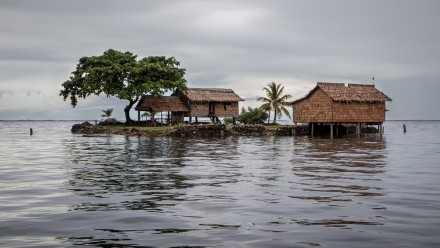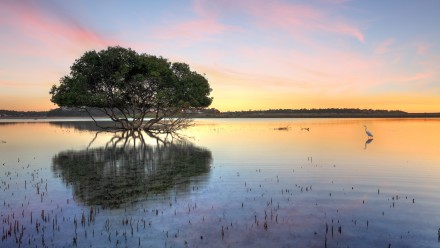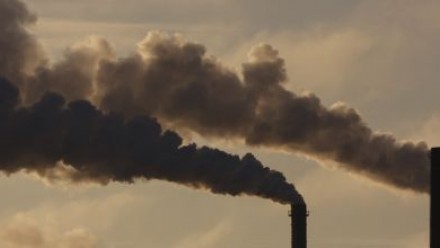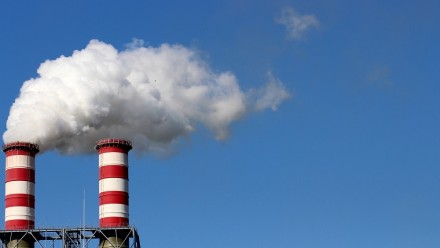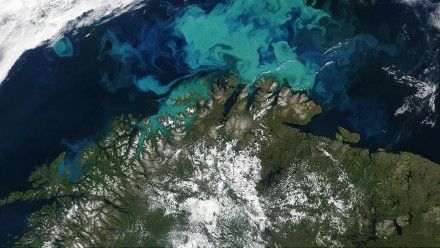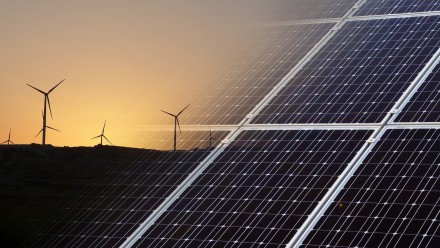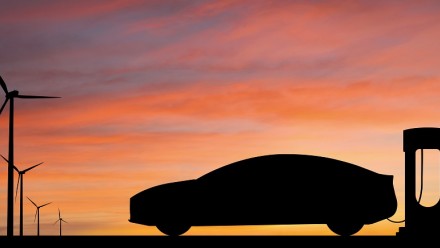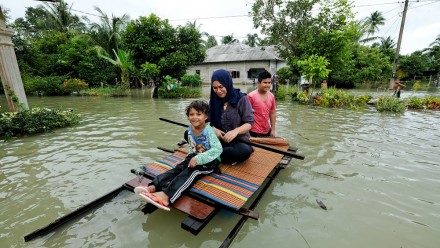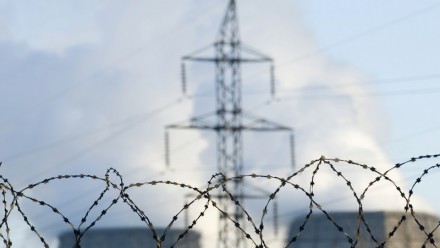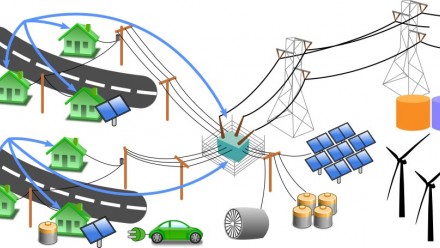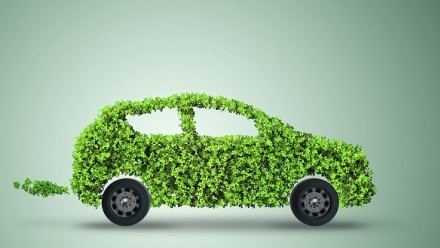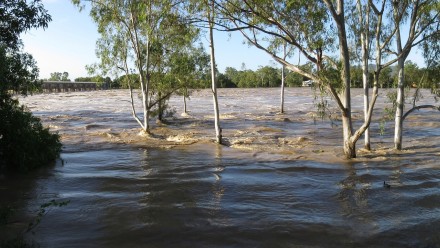Research clusters
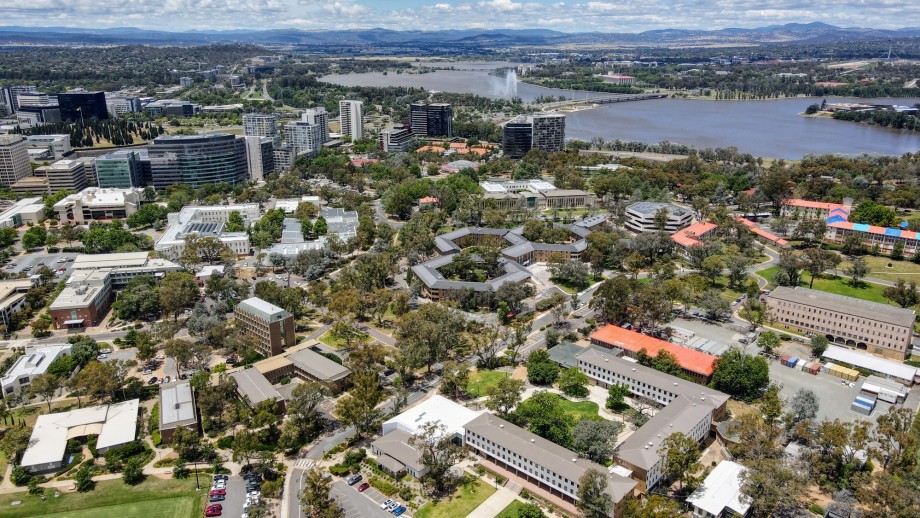
The ANU Institute for Climate, Energy & Disaster Solutions provides leadership on climate change, energy transition & disaster-risk research and teaching.
As an interdisciplinary institute of almost 600 members, we bring together researchers and students from 26 Schools across ANU. We support a range of research clusters, comprising groups of people, often from different disciplines, working together to build communities of practice across specific research areas. These may be long-term ongoing collaborations or convened around specific projects.
Adaptation, livelihoods and development in Asia and the Pacific »
Many countries in the Asia & Pacific region are incredibly vulnerable to climate impacts, particularly our Pacific island neighbours and low-lying Asian nations
Agriculture, food and nutritional security »
Food systems are complex, dynamic, and comprise many different interacting subsystems, that food system policies often fail to recognise.
Carbon removal »
It's becoming apparent that reducing our greenhouse gas emissions is unlikely to be enough to prevent dangerous climate change.
Climate economics and policy »
Researchers in this group are focused on institutional responses to climate change, covering reducing greenhouse gas emissions and climate change adaptation.
Corporate engagement and action »
In the absence of transformative action by governments, many in the business community are charging ahead with action on climate, energy and disaster solutions.
Earth systems »
Research on Earth systems considers processes of the atmosphere, ocean, cryosphere, biosphere and solid Earth, along with their interactions.
Energy economics and policy »
Expertise in energy economics and policy at ANU is concentrated in the Crawford School of Public Policy and the Research School of Economics.
Energy storage and recovery »
Short-term energy storage is becoming increasingly important to smooth out peaks of high energy demand and low energy supply
Extreme events and future scenarios »
As the world has warmed, due to anthropogenic greenhouse gas emissions, there has been a marked change in the frequency and intensity of extreme weather events.
Fusion power »
Fusion is the process that powers the sun and stars. It has the potential to deliver effectively limitless, clean, base-load power for future generations.
Hydrogen economy »
Hydrogen has the potential to provide the missing link between renewable energy - such as wind and solar power - and industrial energy users that have yet to fi
Indigenous peoples, cultures and knowledges »
The knowledges and cultures of Indigenous peoples, damaged and dismissed by the colonial project, bring country-centred perspectives to mitigating and managing
Industrial decarbonisation »
Industrial decarbonisation is a new research cluster, and the parameters are currently in development.
Law, governance and institutions »
Law, governance and institutions (LGI) produce, direct, and are disrupted and reshaped by climate change, energy supply chains, and disaster risk and response.
Low carbon and resilient cities »
Cities’ transformation towards low-carbon and climate-resilient future is a long-term and multi-dimensional process.
Psychology, communication and the arts »
The arts can provide powerful ways to challenge, inform and engage people in conversations about global challenges.
Risk, vulnerability and resilience »
This cluster will include governance, policy and planning, hazard and risk assessment, PPRR at all levels, and a community focus.
Security »
Exploring the relationships between human security and climate change, the energy transition, and disaster risks.
Smart grid »
In the future, the electricity grid will feature millions of intermittent and distributed generation sources.
Solar photovoltaics »
Photovoltaics research at ANU is at the global cutting edge, spanning the entire spectrum of solar electricity technologies.
Solar thermal »
Our research encompasses basic sciences, engineering and techno-economics for development and advancement of solar thermal and hybrid energy conversion.
Sustainable transport »
Transport is the second largest source of carbon emissions in Australia after electricity production.
Water and flooding »
Climactic changes are leading to changes in water cycles, with droughts and floods become more intense and severe.








